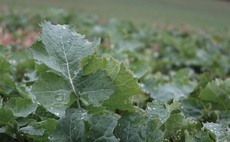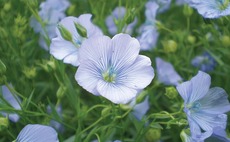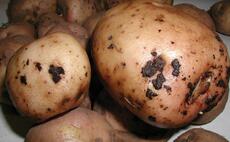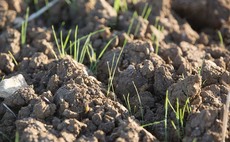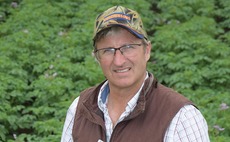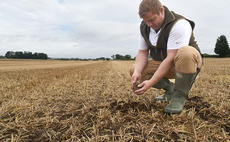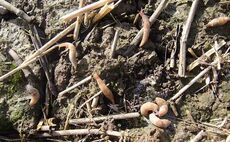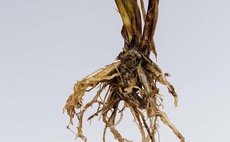Agronomy
Arable
Bayer has said it is engaging ‘very actively’ for gene editing (GE) regulations to change in Europe.
Arable
In stark contrast to last year’s crop, sufficient moisture in August has meant early-sown oilseed rape crops have grown through the ‘danger period’.
Arable
The UK’s winter linseed area is set to more than double on last year as growers look to alternative break crops to oilseed rape.
Arable
Withdrawal dates for the tuber fungicide treatment, penflufen found in Bayer’s Emesto Prime DS have been announced by the Chemicals Regulation Division (CRD).
Arable
Heavy rainfall has put a stop to autumn drilling across many parts of the UK, making many growers nervous of a repeat of last season.
Arable
Harvest finished for us on September 11, three days later than last year, which was not a bad result considering where we were approaching the end of August. It was a very stop start affair this year, as it was for most in our part of the country, and it never really felt like we got going.
Arable
I was in Scotland last week, trying to catch the fish of 10,000 casts or so Ian the gillie told me after I blanked.
Arable
Harvest is all but finished here in North Yorkshire, the last few stragglers of spring barley are to be mopped up while spring beans are just about ready to cut. In all, yields are what we expected. Need I say any more?
Arable
Recent wet weather in many parts of the UK, particularly in the North, has led to an increased risk of large slug populations.
Arable
Faced with Covid-19 related contraction of demand for spring barley and oats, many growers will want to take advantage of the scrapping of the three crop rule and maximise wheat area this autumn.


 15 October 2020
•
1 min read
15 October 2020
•
1 min read
